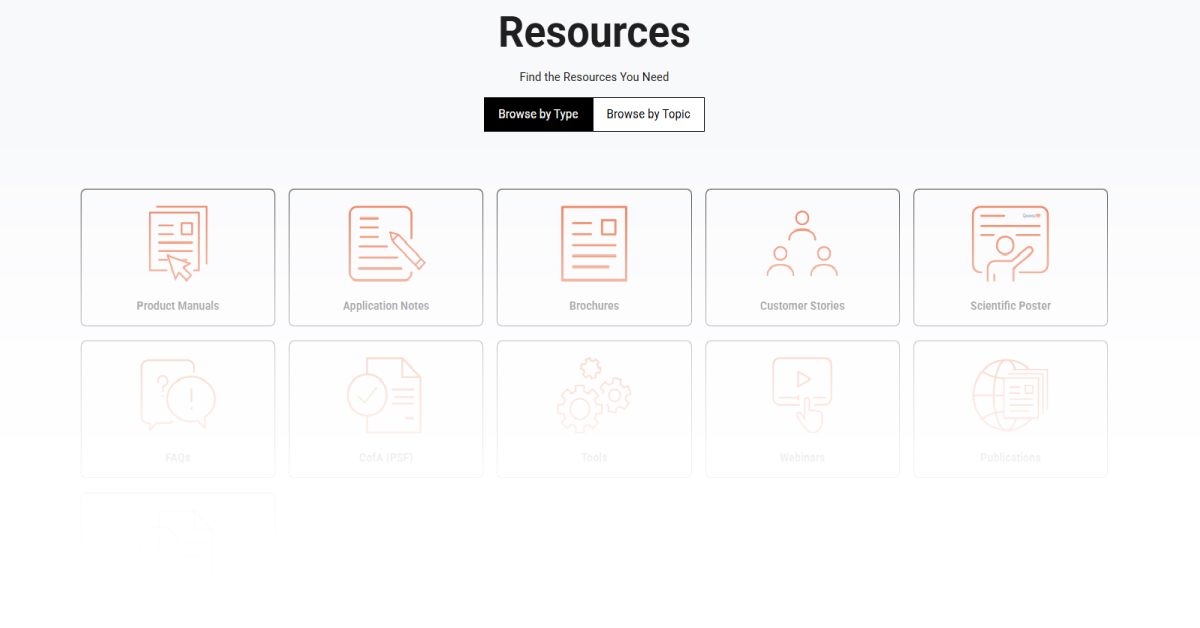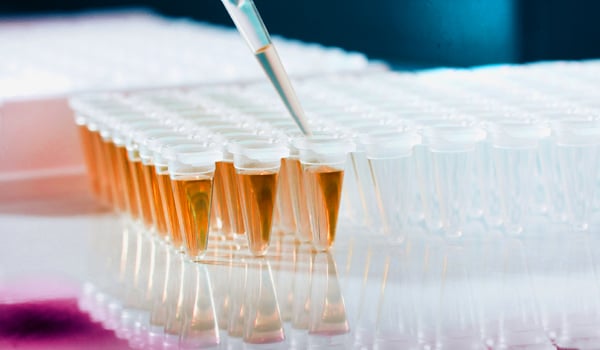We were excited to attend the recent APHL Newborn Screening Symposium, a targeted event that brings together key stakeholders to discuss tools, policies, ethics, and other important factors related to newborn screening and sequencing. It was a great opportunity to talk to scientists from public health labs, universities, private lab facilities, and government institutions who are leading the way in this field.
These discussions are particularly relevant as more and more newborn sequencing programs get up and running around the world. These studies are providing an important look at the advantages and potential disadvantages of performing whole-genome sequencing at birth. Along the way, they are generating useful data points about rare disease, sequencing costs, interest levels among parents, and more. Even in these early days, it certainly seems that with appropriate study and safeguards, whole genome sequencing of newborns could be a valuable tool for keeping our kids healthy.
A technical challenge in this area comes from the need to acquire genomic DNA at sufficient quality and volume when the starting sample is often a dried blood spot from the newborn heel prick test. That’s what brought us to the APHL symposium: we’re excited to let this community know we will soon be releasing a product that can extract high molecular weight DNA from dried blood spots. The sparQ DBS Library Prep Kit handles everything from DNA extraction to library prep, offering a streamlined and cost-effective approach to scientists engaged in this work. It’s also high-throughput, enabling preparation of 96 samples at a time, and amenable to automated setups.
Our own Subrata Panja, associate director of field applications, gave a presentation at the APHL symposium about this upcoming product. (And he was especially grateful that so many attendees showed up to hear his talk at 7:00 am!) We deliver a unique, end-to-end solution for rapidly extracting and preparing DNA from dried blood spots, making this a much-needed alternative to the expensive and complicated methods used today.
While the sparQ DBS Library Prep Kit is not yet commercially available — it will be released in 2025 — it’s already in the hands of a number of Quantabio collaborators for evaluation. We’ve been pleased to hear from scientists at universities and in state laboratories that the kit fits nicely into their workflows and produces robust results.
The Quantabio team is dedicated to supporting newborn screening and sequencing research. Learn more about what we’re doing.
Recent posts


Subscribe to Our Blog
Read More

Now Available: Product Reviews with Customer Insights
Yes, It’s Possible: Cost-Effective, Reliable DNA Isolation and Library Prep for the Sequencing of Newborns

